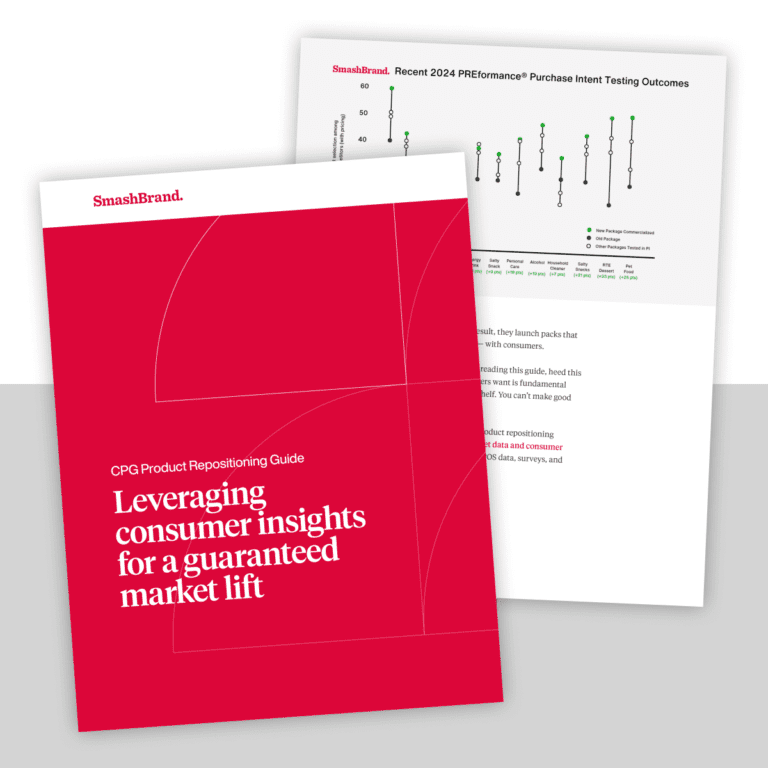Have you caused an uproar with your scandalous marketing? If so, will aggressively defending it yield dividends?
Sometimes your business needs a brand refresh after an unfortunate series of events. Everyone makes mistakes. At some point, even the most well-intentioned amongst us will utter a phrase or a joke that some incredibly sensitive souls might consider ill-advised or even Hitler-ish. When this happens, you have three choices:
- Ignore it, and pretend absolutely nothing happened.
- Apologize profusely and begin a lengthy process of public groveling.
- Become offended yourself, and loudly insist that your views are valid, and that all those who criticize them are humorless idiots.
Yes, there is a right and wrong choice.
The brand Protein World, which had never been heard of before April 2015, released a fairly innocuous advertisement featuring a standard bikini model, asking viewers if they were “bikini ready.” Now, we would have thought that the vast majority of people wouldn’t give the ad a second thought. And they didn’t. However, a small but highly vocal minority declared that they were profoundly offended by the blatant “body shaming” and went on a campaign to get the ads removed. Now, in response to the backlash, Protein World opted for defense strategy option 3 – antagonizing critics at every possible turn. It might have gained them some notoriety and sales for the time being, but is this strategy sustainable?
Probably not. The social media comments made by the company made them seem not merely callous, but downright mean-spirited. Using such hashtags as #getagrip and #winning, they asked why they should make the protestors’ insecurities “their problem,” and accused them of being a nation of “sympathizers for fatties.” Ouch.
However knee-jerk the public might have found the protestors’ response to be, Protein World didn’t exactly come out smelling like roses. It’s one thing to say that they stand by their ad and that it accurately represents what the brand is about. It’s one thing to sneer at the public and start bullying detractors blatantly. It makes the company seem infantile.
No such thing as bad publicity?
But what about the spike in revenue? Didn’t the response help the company? Maybe, maybe not. That spike would have likely occurred anyway, since the advertisements were not only objected to but also widely violated. People began to paste their protests over the offending posters, causing the rest of the public to wonder, “What’s the big deal?”
The answer is: nothing. And it generally doesn’t take long for the public to realize it. This is the exact sort of thing that causes a freedom-loving citizenry to get quite riled up, particularly Americans (even though this is a British campaign). The ad itself is probably the least interesting thing about this whole fracas. It’s nothing we haven’t seen before, and nothing we won’t continue to see.
Nevertheless, occasionally even the most unworthy subjects touch a nerve. When such a vast and largely unwarranted backlash occurs, sometimes the best course is for the brand to remain as bland as possible and observe how it plays out. Sometimes the public does the work for you. After all, the highly vocal critics were advocating censorship of the ads for an imagined slight. However, the Protein World response shifted the focus away from the proposed censorship and squarely onto their inability to handle criticism well.
The short vs. long term
What many brands, particularly young brands, often fail to recognize is that they should be looking to the long term. Momentary controversy can be great for this quarter’s sales, but it’s the reaction to the controversy that solidifies the brand’s identity in the public’s mind. We’re sure that Protein World has done its share of brand research, but it probably wasn’t as finessed as it could have been. Consumers will likely forget that the bikini model made them feel self-conscious about their bodies. Still, they’ll remember that the brand went out of its way to exacerbate their feelings.
The public must trust you, and the way you present your brand is crucial. In this case, Protein World actively made themselves appear as though their chief concern wasn’t providing a healthy and valuable product to the public, but maintaining a juvenile image.
Subscribe to
Nice Package.
SmashBrand’s Nice Package: Stay current with our latest insights
Free Resource.

CPG product repositioning guide.
Explore the five undeniable signs your CPG product needs repositioning along with strategies for leveraging consumer insights for a guaranteed market lift.
Download Whitepaper About CPG product repositioning guide.